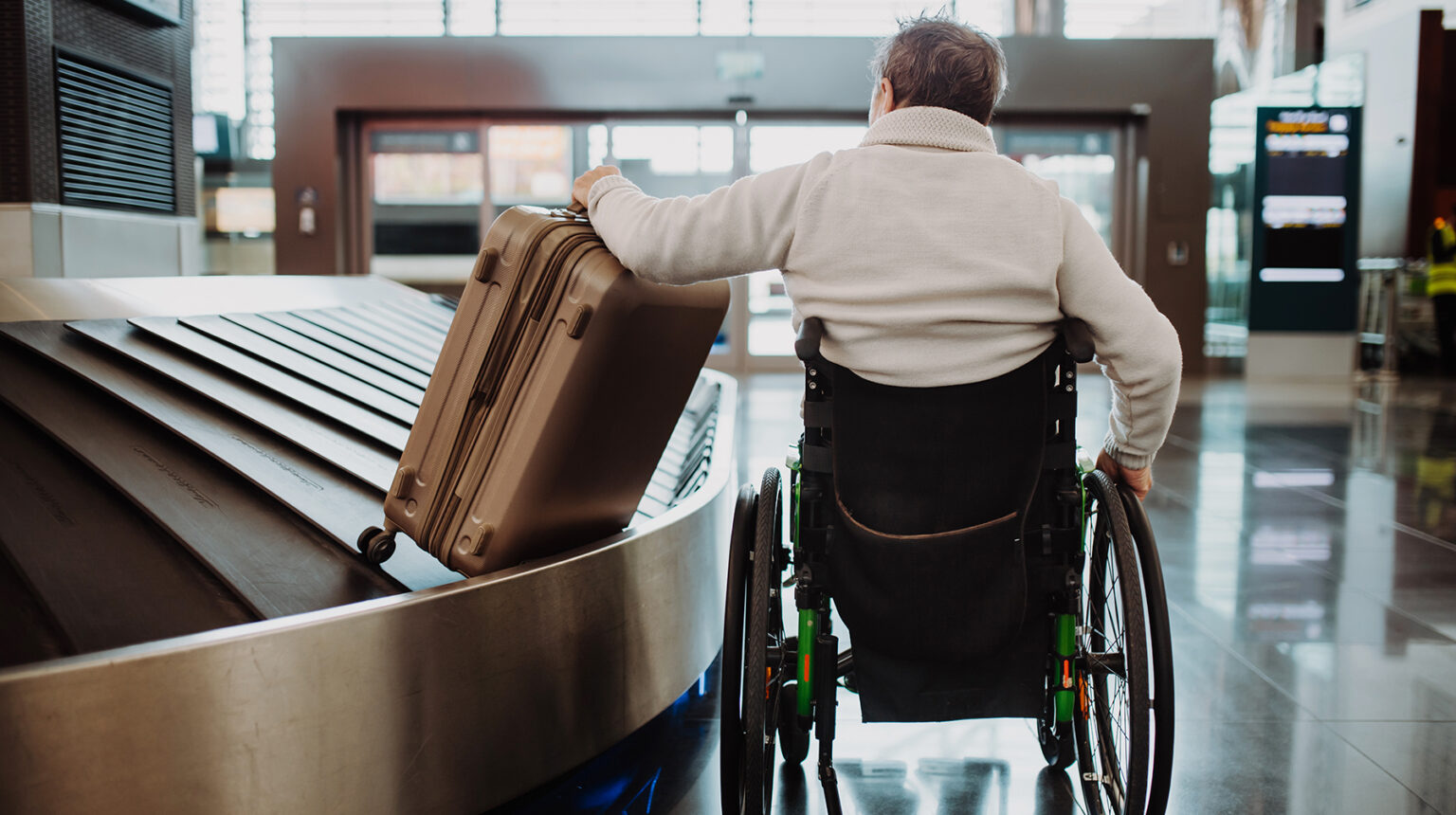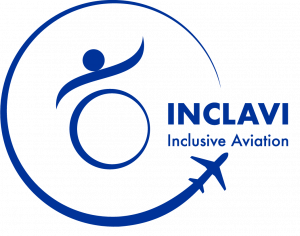INCLAVI Project Makes Strides Towards More Accessible Air Travel
Haaga-Helia-led Erasmus+ initiative develops specialized curriculum to enhance aviation staff awareness of accessibility needs.
By Martti Asikainen, 30/11/2023

The INCLAVI (INCLusive AVIation) project, coordinated by Haaga-Helia University of Applied Sciences, is transforming how the aviation industry approaches accessibility for passengers with disabilities. Funded by Erasmus+ Alliances for Innovations, this international consortium brings together academic institutions, industry leaders, and disability organizations to address critical gaps in aviation staff training.
The project emerged from Senior Lecturer Ivan Berazhny’s observations during his work rotation at Finnair, where he identified significant shortcomings in how airline staff were trained to accommodate passengers with disabilities.
“I noticed that accessibility in air travel was becoming an increasingly important topic,” Berazhny explains. “Flight attendants were only taught minimal information about disabilities: a few rules and descriptions of how to accommodate different disability groups.”
Rather than focusing on physical modifications to aircraft—which are subject to rigorous safety regulations—INCLAVI develops educational materials that enhance staff awareness of different disabilities and improve the entire customer journey for passengers with specific needs.
The consortium includes an impressive lineup of partners: Careeria (Finland), Stichting Breda University of Applied Sciences (Netherlands), Ozyegin and Yasar Universities (Türkiye), IATA offices in Spain and Canada, the European Network for Accessible Tourism (ENAT), and Istanbul Grand Airport. Associated partners include Finavia, AirBaltic, IATA Nordic and Baltic, and The Association of Finnish Travel Industry.
Project Manager Namrata Sethi highlights the project’s practical approach: “Industry partners confirm what the actual needs are, and on the academic side, we try to figure out how to address the gaps. Persons with disabilities feel there is a lot of knowledge lacking, and even small changes could make their travel experience easier.”
Istanbul Grand Airport has provided particularly valuable insights, having been recognized as one of the world’s best airports with exceptional attention to accessibility concerns.
Despite receiving substantial EU funding, Berazhny emphasizes that such projects require extensive institutional commitment: “The school’s management must support the project, and the project needs to allocate resources, time, and workforce. Projects always include activities that the EU does not fund.”
The INCLAVI team remains focused on their ultimate goal: improving equality for people with disabilities in air travel, with lasting impact that extends well beyond the project’s completion.
For more information on the INCLAVI project, visit the Haaga-Helia University of Applied Sciences website.


Inclusive Aviation (INCLAVI)
2022-2025
Follow us on LinkedIn

